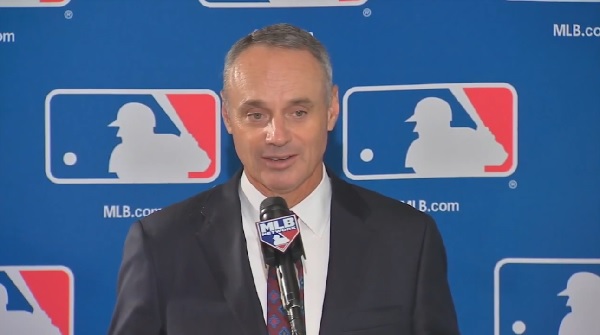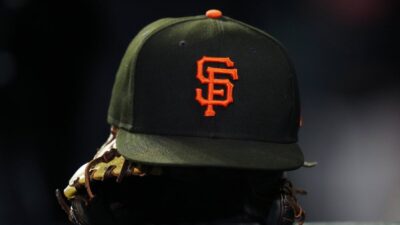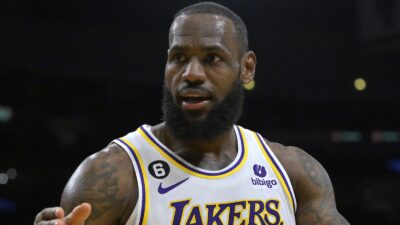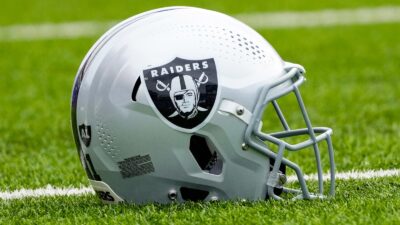
For those who have followed Major League Baseball in recent years, the current acrimony between the league’s owners and players should not come as a surprise. The game’s economic system has been problematic for players for years, and the postponement of the start of the season — and associated questions about salary — has pushed many over the edge.
Though we don’t know how the current standoff will be resolved — or even if it will be — there is reason to believe that it may get worse before it gets better. The 2021 season is set to be the final one played under the current collective bargaining agreement, and the difficulty of those negotiations could put the current issues to shame.
Players have been looking ahead to the upcoming labor negotiations for some time now, as they are increasingly disillusioned with an economic system that they feel gives them less and less of the league’s revenue even as those revenues rise. Teams have also started to figure out ways to spend their money more efficiently — often to the detriment of players. As teams have grown more aware of the notion that handing out long-term contracts to free agents past the age of 30 rarely affords full value, the economic model has made less and less sense for players. It came to a head in 2019, when the long-term contract demands of Bryce Harper and Manny Machado left them unsigned into the spring. Add in complaints about service time manipulation and an increased emphasis on keeping payrolls down and building around younger, cheaper players means veterans are understandably frustrated with the way the system works for them.
To be clear, owners and front offices cannot be blamed for everything. The strategies the Chicago Cubs and Houston Astros have used — clearing out deadwood, lowering payroll, losing games, drafting high, and spending when the moment is right — have led to championships. Baseball has no mechanism to protect against tanking, or anything akin to it. With revenues at an all-time high and revenue sharing in place, owners don’t really have an incentive to spend, as teams can make money even with mediocre attendance figures provided their payroll is relatively low. If the system allows for teams to keep a player in the minors for an extra month in exchange for an extra year of team control, no organization could be expected to ignore that out of the goodness of their hearts when team control is so key to roster building. It’s also entirely logical to avoid handing out long-term high-dollar contracts to 31- or 32-year-olds — paying for a post-prime player’s prime production simply isn’t smart business.
That’s why MLB players are frustrated with a system that allows for this. In their view, service time shouldn’t be so easy to exploit. Measures need to be taken to incentivize winning, or at least disincentivize tanking. Players need to be able to reach free agency before they’re in their 30s. And the MLBPA also wants to see major changes to the luxury tax, which it views as not in line with league revenues and acting too much like a de facto salary cap.
Owners aren’t going to want to give any of this away, and players know it. It is what has stoked the growing tensions between players and owners long before the current situation. Watching owners push for more salary reductions right now is worsening things not just because players don’t want to do that, but because it may act as a preview of labor negotiations. Owners are going to play hardball, and if anyone needs further evidence of that, they need only look at comments commissioner Rob Manfred made to the MLBPA last year.
We do not know if there will be a baseball season in 2020. The players’ hostility toward owners has boiled over into the public sphere and shows no signs of abating. Neither side trusts the other. It’s a bad place to be for the sport as a whole, and if the season is lost due to an inability to agree on salaries, the damage would be incalculable.
But it may not be over. A more consequential negotiation looms next year. The issues are only growing more pronounced. A work stoppage looks like a legitimate possibility for the first time in a long time. The current standoff between the owners and MLBPA increasingly looks like a preview of more acrimony to come, not the main event.













